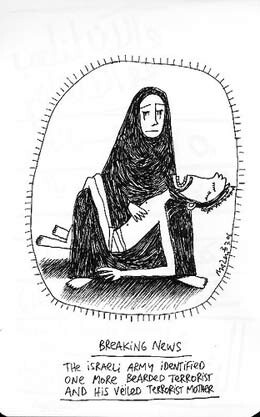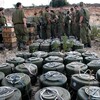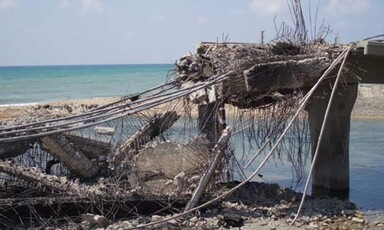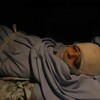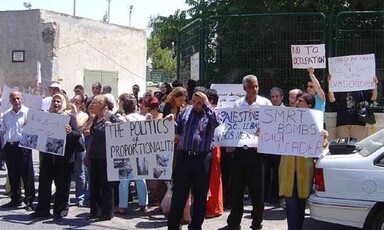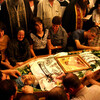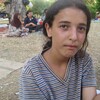
Camps to address housing shortage
6 August 2006
The Lebanese government’s Higher Relief Committee (HRC) said on Saturday that it will set up temporary tent camps in a bid to alleviate the growing housing shortage in Beirut. The housing shortage is a result of the influx of hundreds of thousands of people who have fled fighting in the south between Israeli forces and Hezbollah, a Lebanese political party with a military wing. The conflict began on 12 July after Hezbollah captured two Israeli soldiers. “As the number of displaced people increases, we are having to explore alternative ways to meet the basic needs of the displaced,” said the HRC’s Fadi Aramoune, who is coordinating the tent camps project. Read more about Camps to address housing shortage



